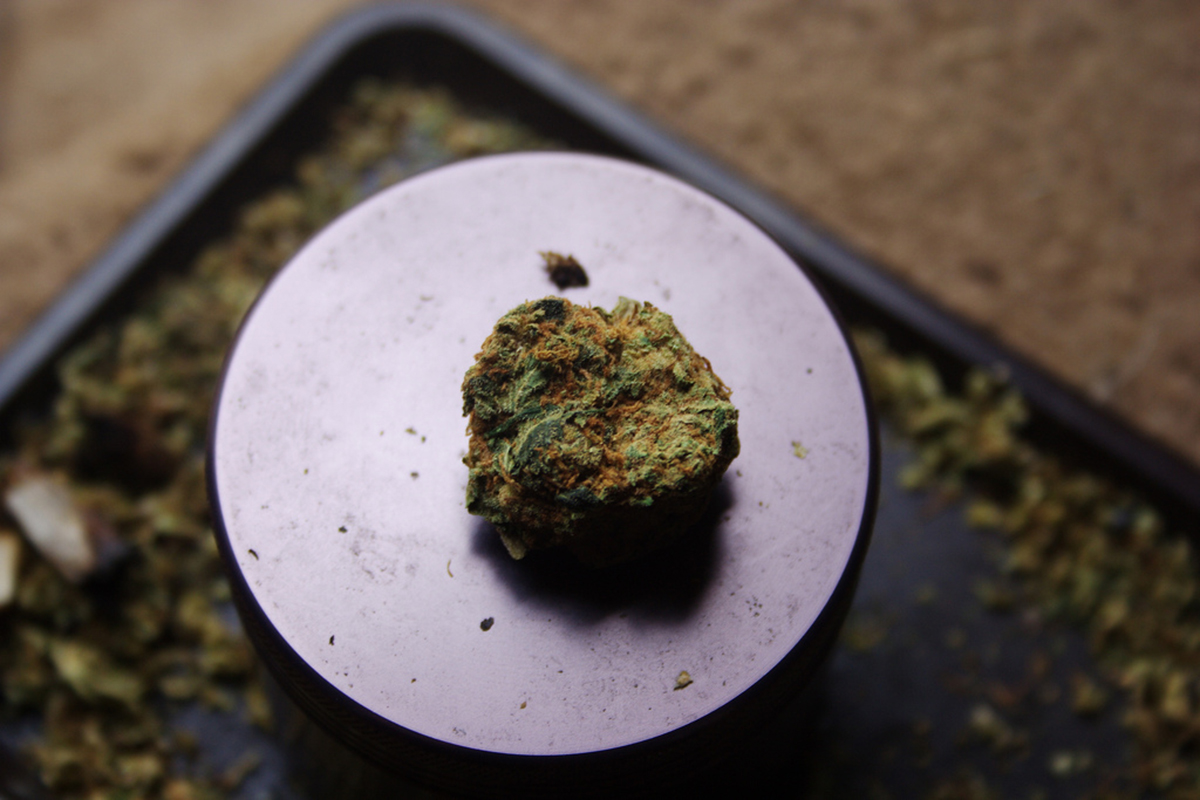Table of Contents
Killing cancer cells, if you have cancer, is exciting. The mere fact that it is possible to know that something you are doing for yourself to fight back is energizing. However, it's helpful to be realistic about what killing cancer cells involves:
When tissue dies, it has to go somewhere.
After apoptosis results in cell death (a dead cell can't "eat" itself through autophagy), the remains of the cell have to be removed. The way the immune system handles this (if you are paying attention, you will notice that fighting cancer requires a specific kind of immunity) is to send out white blood cells that release inflammatory chemicals to break down the dead cell, and then surround the cell and "eat" it.

Let's think about what that involves:
- Killing cancer is followed by inflammation.
- Inflammation briefly causes tumors to get larger, not smaller.
- The immune system isn't precisely targeted. When it takes out one cancer cell, it may get two or three adjacent cells in the same process.
You might wind up with, say, an stubborn pain in a bone that really is a sign you are getting better, but that may take quite a while to resolve. That doesn't mean, however, that only your immune system's fight against cancer is causing the pain. You need a doctor to work with you so that you get all the treatment you need when you need it.
Diet makes a difference.
The receptors that lock onto marijuana chemicals are made with a group of compounds known as ceramides. Your body needs specific building blocks to make these receptors. One group of compounds the body uses to make ceramides is the amino acid serine. A form of this amino acid known as phosphatidylserine acts as a kind of homing signal for immune system and for the structures that "grab" marijuana chemicals out of the bloodstream.
You can be sure you don't suffer a shortage of the building blocks for these chemicals if you get any of the following in your diet on a regular basis:
- Egg whites (it's OK to eat the yolk with the egg whites).
- Soybean products such as tofu.
- Spirulina.
- Turkey.
- Cold-water fish.
Almost any other high-protein food will do, but if you have trouble getting food down, focus on these if you are also using pot. There are men who don't get enough protein to make marijuana work for them. Simply getting more high-quality protein can be a very easy fix.
The way you use marijuana also makes a difference.
It's more effective to use marijuana oils and marijuana bud butters, because the fat helps the endocannabinoids attach to the surfaces of the cells where they do their work. Sorry, we can't give you recipes for either. That would be crossing some legal lines.
READ What Do We Know About Medical Marijuana?
Keep in mind that even if marijuana works for you, you won't necessarily feel better all the time as you are getting better. Pain and inflammation can even be a sign it is working for you, but you won't know for sure unless your doctor rules out other possibilities in physical examination. Work with a doctor you trust to get best results.
- Cridge BJ, Rosengren RJ. Critical appraisal of the potential use of cannabinoids in cancer management. Cancer Manag Res. 2013 Aug 30
- 5:301-13. doi: 10.2147/CMAR.S36105. eCollection 2013. Review.PMID: 24039449.
- Mimeault M, Pommery N, Wattez N, Bailly C, Hénichart JP. Antiproliferative and apoptotic effects of anandamide in human prostatic cancer cell lines: implication of epidermal growth factor receptor downregulation and ceramide production. Prostate. 2003
- 56(1):1–12.
- Mind map by SteadyHealth.com
- Mind map by SteadyHealth.com
- Photo courtesy of eggrole via Flickr: www.flickr.com/photos/eggrole/4823326716


Your thoughts on this